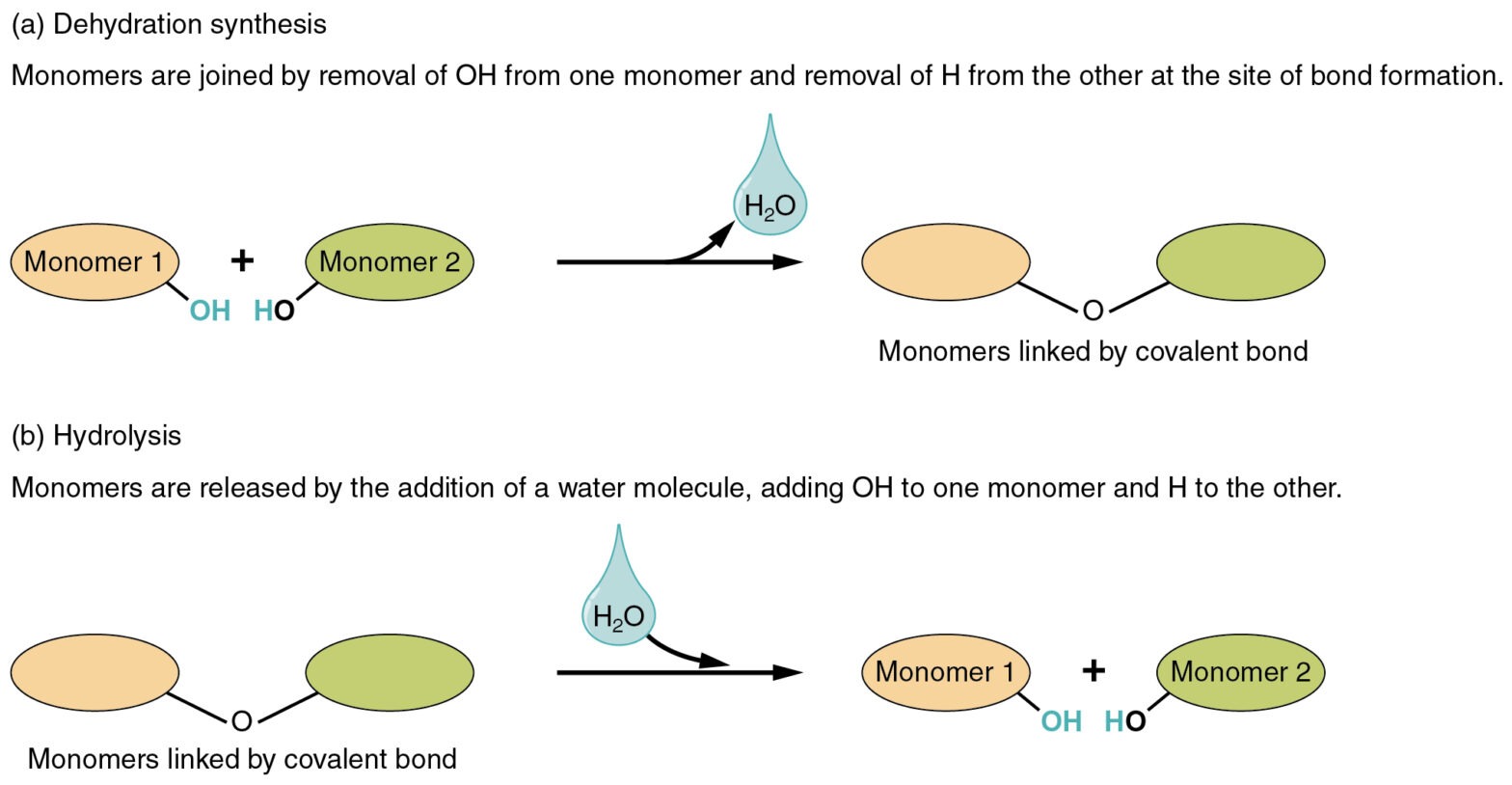Dehydration and Diabetic Foot Ulcers: Recognizing the Connection
Diabetic foot ulcers are a serious complication of diabetes that can lead to infections, tissue death, and even amputation. Dehydration can contribute to the development and worsening of these ulcers by impairing blood flow and reducing the body’s ability to heal wounds.
In this article, we’ll explore the signs and symptoms of dehydration in people with diabetes and discuss how to recognize if your diabetic foot ulcers may be caused by this condition.
Understanding the Link Between Dehydration and Diabetic Foot Ulcers
Dehydration occurs when the body loses more fluids than it takes in. This can happen due to various factors, including increased fluid loss (e.g., sweating, vomiting, diarrhea) or decreased fluid intake. In people with diabetes, dehydration can have several negative effects on foot health:
- Impaired Blood Flow: Dehydration can reduce blood flow to the feet, making it difficult for the body to deliver oxygen and nutrients to the tissues. This can contribute to the development and worsening of diabetic foot ulcers.
- Increased Risk of Infection: Dehydration can weaken the immune system, making it more difficult for the body to fight off infections. This can lead to complications in diabetic foot ulcers.
- Delayed Wound Healing: Adequate hydration is essential for wound healing. Dehydration can slow down the healing process and increase the risk of infection.
Signs of Dehydration in People with Diabetes
- Increased thirst: Feeling excessively thirsty is often an early sign of dehydration.
- Dry mouth and throat: A dry mouth and throat can be a symptom of dehydration.
- Decreased urine output: If you’re not urinating as frequently as usual, it may be a sign of dehydration.
- Dark-colored urine: Concentrated urine can be a sign of dehydration.
- Fatigue and weakness: Dehydration can cause fatigue and weakness due to decreased blood volume.
- Dizziness and lightheadedness: Low blood pressure, which can occur with dehydration, can lead to dizziness and lightheadedness.
- Headache: Dehydration can cause headaches, especially in the morning.
- Constipation: Dehydration can lead to constipation.
- Dry skin: Dehydrated skin may appear dry, flaky, or wrinkled.
- Confusion or disorientation: In severe cases of dehydration, individuals may experience confusion or disorientation.
Research Studies on Dehydration and Diabetic Foot Ulcers
- Study 1: Dehydration and Blood Flow: A study found that dehydration can impair blood flow to the feet in people with diabetes, increasing the risk of developing foot ulcers.
- Study 2: Dehydration and Wound Healing: Another study showed that dehydration can delay wound healing in diabetic foot ulcers.
- Study 3: Dehydration and Infection: A study demonstrated that dehydration can increase the risk of infection in diabetic foot ulcers.
- Study 4: Dehydration and Diabetic Ketoacidosis: Dehydration can contribute to diabetic ketoacidosis (DKA), a serious complication of diabetes that can increase the risk of foot ulcers.
- Study 5: Dehydration and Electrolyte Imbalances: Dehydration can lead to electrolyte imbalances, which can further impair blood flow and wound healing in diabetic foot ulcers.
Conclusion
Dehydration can be a significant factor in the development and worsening of diabetic foot ulcers. By recognizing the signs of dehydration and taking steps to prevent it, you can help protect your foot health and reduce the risk of complications.
If you have concerns about dehydration or diabetic foot ulcers, consult with your healthcare provider for personalized advice and guidance.

